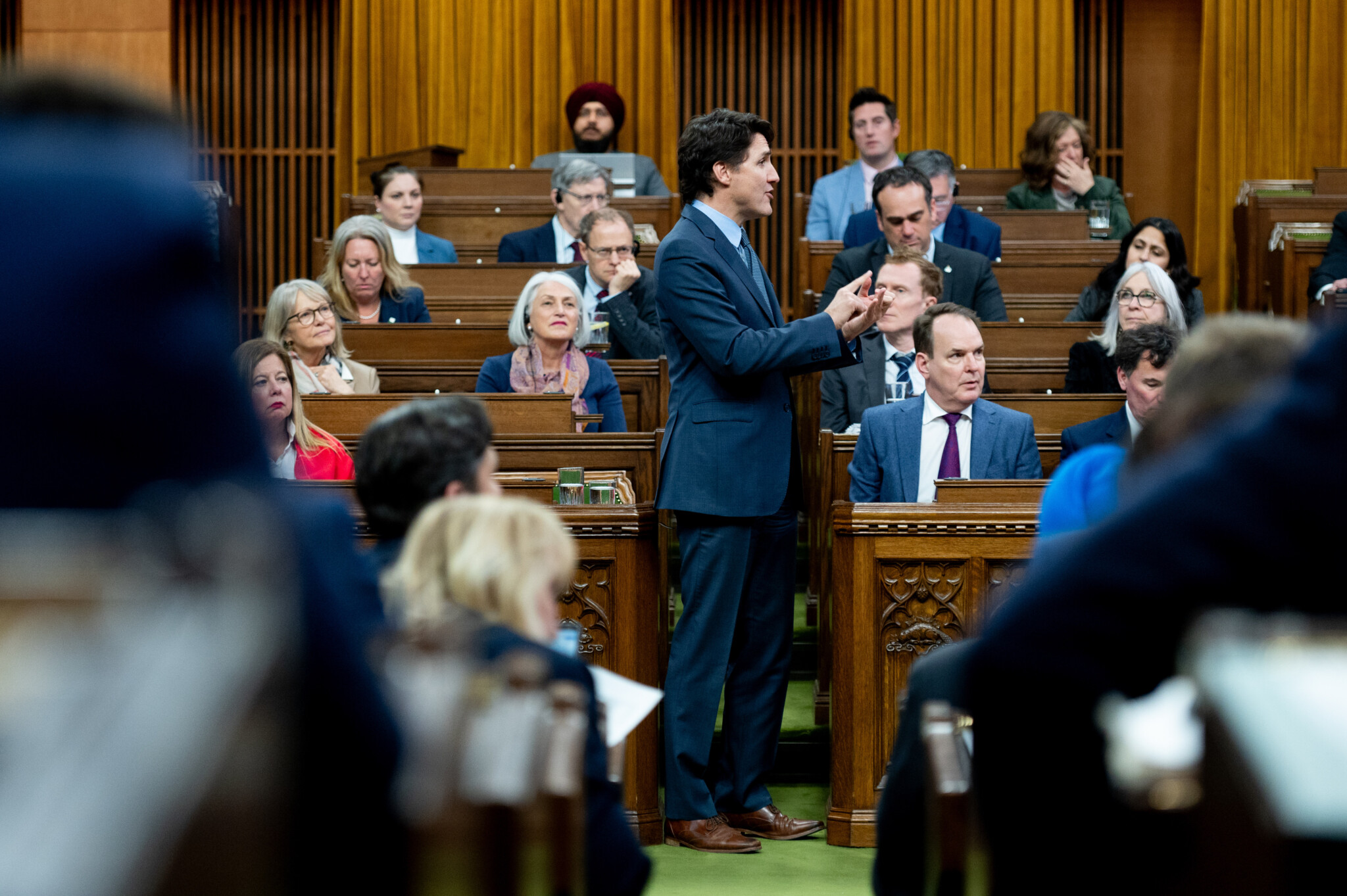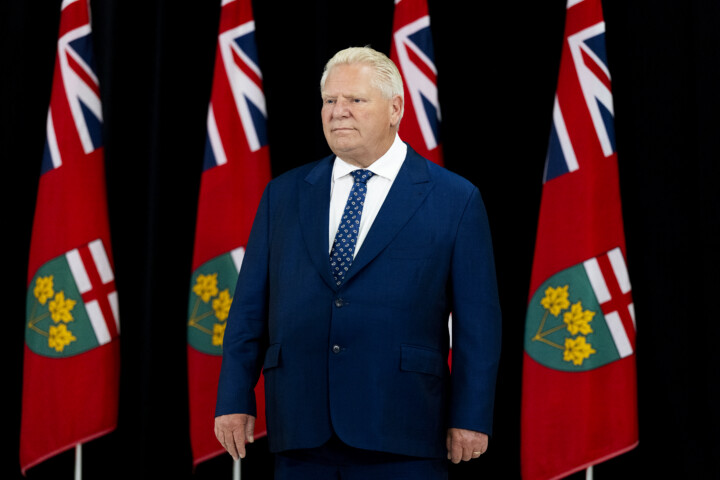One line in particular stood out from Dominic LeBlanc’s appearance before a House of Commons committee last week to answer questions about how the government managed to give Canadian citizenship to accused terrorist Ahmed Fouad Mostafa Eldidi. It was his insistence that the fact that Eldidi and his son were arrested hours before they were able to commit a mass-casualty attack, meant that “this is the way that the investigative national security system should work.”
“Relax, everyone!” the minister of Public Safety seemed to be saying. “No one died. No need to get all hepped up.” His performance was just a short step from the “nothing to see here” meme. Unsurprisingly, LeBlanc’s mellow emollience didn’t satisfy the Conservative Opposition, who seized on the phrase in their questioning and later in incredulous social media posts.
For those new to the story, Eldidi apparently starred in an ISIS video in 2015, in which he dismembered a body with a sword. It’s not clear whether the victim was still living. Nevertheless, according to the chronology read out at the committee hearing, the federal government gave him a travel visa to come to Canada in 2018, refugee status in 2019, permanent residency in 2021, and finally citizenship in 2024.
And, as several outlets have reported (and LeBlanc did not deny) Eldidi was only caught at the last moment when another country tipped us off to what he and his son were up to here in Scarborough. If this is the system working, I’d hate to see it when it’s broken.
Only when pressed did LeBlanc say that officials are “moving rapidly to make the necessary changes to our systems so as to strengthen them.” But if the system worked as intended, why the need for change, let alone rapid change? The reason is obvious: because this is emphatically not how the security and immigration service should work. So why didn’t he just say that?
A few of LeBlanc’s colleagues on the committee tried to come to his aid, arguing feebly that the system can only work with the information available and maybe the video wasn’t online in 2018, 2019, 2021, or 2024. Spare me. A system that fails four times before being bailed out by a deus ex machina from a foreign country is so broken that it hardly qualifies to be called a system.
I was actually surprised that LeBlanc of all people went along with the bureaucratic line that the system worked as intended. He’s a political vet, considered one of the savvier operators in the Trudeau cabinet. And yet even as irrefutable evidence of the system’s failure was staring up at him from his briefing notes, he was happy to read out the system’s own line about the system’s success.
LeBlanc should have known better. Ministers denying the obvious helps no one: not the Canadian people who know a goof-up when they see it; not the minister who looks like a fool for ignoring the self-evident goof-up; and not the system, which can sweep the goof-up under the rug and move on to the next one and the one after that.
If this were just about an immigration screening system that is apparently unable to screen out hardened terrorists from the crowds of visitors the government is currently waving into the country, that would be bad enough. But this passive and incurious “all protocols were followed” approach has become endemic across government, and we are all suffering the effects.
Immigration fraud detection fails to detect fraud; procurement doesn’t procure; service standards provide substandard services; repeat offenders are released to offend repeatedly; building budgets balloon without building anything; and the Rube Goldberg machinery of government keeps gasping and chugging along.

Minister of Public Safety, Democratic Institutions and Intergovernmental Affairs Dominic LeBlanc speaks to reporters in the foyer of the House of Commons on Parliament Hill in Ottawa, June 3, 2024. Sean Kilpatrick/The Canadian Press.
If nothing seems to work anymore, one reason is because no one is accountable for things working anymore. Nor is this a problem only for governments. Corporations have become so large they have developed their own bureaucracies, which have in turn developed their own butt-covering protocols.
In a new book, The Unaccountability Machine, Dan Davies offers the provocative thesis that “any organisation in a modern industrial society will tend to restructure itself so as to reduce the amount of personal responsibility attributable to its actions…until crisis results.” “In short,” as Ed Smith writes in a savvy review of Davies’s book, “systems naturally evolve into unaccountability machines.” If that doesn’t sound like our federal government, then you obviously haven’t dealt with it recently.
Trudeau and LeBlanc obviously aren’t interested in fixing the problem, so it will fall to the next government to smash the government unaccountability machine. It should start by not reflexively defending the system when it fails and by reintroducing the idea of responsibility in government. And if the system has become so opaque that it’s impossible to allocate blame for errors, then start at the top and incentivise each level to root out the problems below it.
This means that there must be consequences for failure: from an end to automatic bonuses for officials leading underperforming departments to terminations when public servants have clearly failed right up to resignations—forced if necessary—when ministers have superintended failure. Especially if their reaction to that failure is to insist that the system is working as intended.









